Introduction
Insulating and Heating Your Garage: Tips for Homeowners in Gurnee and Round Lake is essential for creating a comfortable and energy-efficient environment. By focusing on insulating garage spaces, homeowners can significantly reduce heat loss, leading to a more stable indoor temperature. This not only enhances comfort but also contributes to lowering energy bills.
For homeowners in Gurnee and Round Lake, the benefits of proper insulation and heating are particularly noteworthy. These regions experience harsh winters where an inadequately insulated or heated garage can become unbearably cold, affecting both stored belongings and vehicles. By implementing effective solutions, you ensure your garage remains usable throughout the year.
The purpose of this article is to provide practical insights into heating garage spaces effectively. It discusses various types of insulation materials, heating options suitable for different needs, and essential considerations for installation and maintenance.
While transforming your garage into a comfortable space, you might also consider other home improvement projects such as a kitchen remodel or a bathroom remodel which can significantly enhance your home’s value. Additionally, creating outdoor spaces like a cedar pergola or a screen house can also be great investments.
By following these tips, homeowners can transform their garages into versatile spaces that meet both comfort and functional requirements. Whether you aim to protect your vehicle or create a hobby space, investing in proper insulation and heating is a decision that pays off in numerous ways.
Understanding Garage Insulation
Garage insulation plays a crucial role in enhancing energy efficiency and thermal stability in your home. By definition, garage insulation involves installing materials that reduce the rate of heat transfer, keeping your garage comfortable regardless of external temperatures. This is particularly important for homeowners in Gurnee and Round Lake where seasonal temperature fluctuations can be significant.
Importance of Garage Insulation:
- Energy Efficiency: Properly insulating your garage minimizes heat loss during winter months and reduces heat gain in summer, leading to lower energy bills. This not only makes your home more environmentally friendly but also cuts down on heating and cooling costs.
- Comfort Levels: An insulated garage maintains a more consistent temperature, transforming it from a cold storage area into a functional living space. Whether you use it as a workshop, gym, or additional room, insulation ensures year-round comfort.
Understanding how insulation affects these factors helps in making informed decisions about improving your home’s overall performance. With the right insulation solutions, you can enjoy enhanced comfort while contributing to energy conservation efforts.
Additionally, consider incorporating vinyl flooring in your garage for added aesthetic appeal and durability. This type of flooring is not only easy to maintain but also complements the insulation by providing an extra layer of thermal resistance.
If you’re planning to renovate your garage into a more functional space, such as a workshop or gym, proper design and planning are essential. You might want to explore various design and planning options available.
Furthermore, if you’re considering using the garage for storage purposes, implementing effective storage solutions will maximize the use of space while keeping it organized.
Lastly, don’t overlook the importance of aesthetics. A fresh coat of paint can do wonders in transforming the look of your garage. Therefore, investing time in painting can significantly enhance its visual appeal.
Types of Garage Insulation
Selecting the right insulation for your garage hinges on understanding the various types available and their specific benefits. Four common options are fiberglass, mineral wool, cellulose, and spray foam insulation.
Fiberglass Insulation
Fiberglass is a popular choice among homeowners due to its cost-effectiveness. It consists of fine glass fibers and is typically available in batts or rolls. This type of insulation is easy to install, making it suitable for DIY projects. It’s effective at reducing heat transfer and can be used in walls, floors, and ceilings. The affordability of fiberglass makes it an attractive option for those looking to insulate large areas without breaking the bank.
Mineral Wool Insulation
Known for its versatility and fire resistance, mineral wool insulation is another viable choice. Made from volcanic rock or industrial waste products, mineral wool offers excellent thermal performance and soundproofing qualities. Its ability to withstand high temperatures makes it ideal for areas prone to potential fire hazards. Homeowners who prioritize safety alongside energy efficiency often opt for this type.
Cellulose Insulation
For environmentally conscious homeowners, cellulose insulation presents an eco-friendly alternative. Composed primarily of recycled paper products treated with fire-retardant chemicals, cellulose stands out for its sustainability. It forms a dense barrier that effectively reduces air leakage and is compatible with other insulation types. Its ability to fill irregular spaces also makes it a practical choice for existing structures with hard-to-reach areas.
Spray Foam Insulation
Spray foam offers superior insulation benefits with its high R-value, meaning it provides excellent thermal resistance per inch. This type acts as a moisture barrier, preventing water intrusion while resisting mold growth — ideal for garages in humid environments. Spray foam’s ability to expand upon application allows it to seal gaps and cracks efficiently, offering comprehensive coverage that enhances both energy efficiency and comfort.
Exploring these insulation options equips you with the knowledge necessary to make an informed decision tailored to your specific needs. Understanding each material’s unique attributes ensures you choose the best solution for optimizing your garage’s thermal performance.
Additionally, it’s essential to consider other factors such as flooring options that complement your garage insulation choice or even how custom kitchen cabinets can affect your overall home renovation project. For instance, if you’re planning a finished basement project alongside garage insulation, understanding the interplay between these renovations can lead to better outcomes. Lastly, regular inspections post-insulation installation are crucial to ensure everything is functioning as intended.
Assessing Your Insulation Needs
Conducting a home energy audit is a crucial first step in determining your garage’s insulation needs. This process helps identify areas where energy loss occurs, allowing you to pinpoint specific improvements that can enhance both comfort and efficiency.
Several factors should be considered during an insulation assessment:
- Climate Conditions: For homeowners in Gurnee and Round Lake, understanding the local climate is essential. Cold winters necessitate insulation that provides adequate thermal resistance.
- Garage Usage: Evaluate how you use your garage. A space used as a workshop or home gym will require more comprehensive solutions compared to one used solely for parking.
- Existing Insulation: Review the current state of insulation. Older or inadequate materials may need replacement or augmentation.
- Structural Characteristics: Consider the construction of your garage, including wall types and ceiling height, which can influence the choice of materials and methods.
Tailored solutions are recommended based on these assessments, ensuring that the insulation strategy aligns with your specific needs. By doing so, you can effectively balance cost and performance while transforming your garage into a more usable space year-round.
If you’re considering remodeling your garage for better functionality or energy efficiency, it’s important to assess your insulation needs first. The insights gained from a thorough home energy audit can guide this process effectively.
For homeowners in areas like Vernon Hills, understanding local climate conditions will play a significant role in determining the type of insulation required. Whether you’re planning to use your garage as a workshop, home gym, or just for parking, these factors will influence your insulation strategy.
In case you find that your existing insulation is outdated or insufficient, don’t hesitate to reach out for professional help. You can easily submit service requests online for a swift response from experts.
Lastly, if you’re contemplating a more extensive renovation such as a bathroom remodel or even building screen houses in your backyard, check out our portfolio for some inspiration and ideas on how to maximize your home’s potential.
Heating Solutions for Your Garage
Effective garage heating is essential during the colder months, especially for homeowners in regions like Gurnee and Round Lake. A well-heated garage not only improves comfort but also protects vehicles and stored items from cold-related damage. Choosing the right heating solution can make a significant difference in energy efficiency and usability.
Garage Heating Options
When considering garage heating, two popular options stand out:
- Forced Air Garage Heaters: Known for their rapid heating capabilities, these heaters are ideal for quickly warming up large spaces. They function by blowing heated air throughout the garage, ensuring even temperature distribution. Their efficiency in maintaining warmth makes them a favorite among homeowners looking to optimize space usability during winter.
- Ductless Mini-Split Systems: Offering both heating and cooling, these systems provide year-round climate control. Unlike traditional systems, ductless mini-splits don’t require extensive ductwork, making them easier to install and maintain. Their versatility allows homeowners to customize temperature settings according to specific needs, enhancing comfort levels irrespective of external weather conditions.
Choosing between these heating options depends on factors such as garage size, intended use, and budget. Proper installation is crucial to ensure maximum efficiency and safety, paving the way for a comfortable and functional garage space throughout the year.
In addition to heating solutions, it’s worth considering other home improvement projects that can enhance your living space. For instance, bathroom upgrades can not only save costs but also significantly boost your home’s value. Similarly, investing in finished basements or remodeling bathrooms can provide additional functional space and increase your home’s overall worth. Don’t forget about the potential of stairs remodeling, which can also contribute to your home’s aesthetic appeal and functionality.
Popular Heating Options
Forced Air Garage Heaters
When it comes to heating large garage spaces swiftly, forced air garage heaters stand out as a viable option. These systems are designed to deliver quick and efficient heating, making them particularly suitable for garages that require rapid temperature adjustments. Forced air heaters work by drawing in the cold air from the room, heating it, and then circulating the warm air back into the space. This mechanism ensures that even the chilliest corners of your garage remain warm and comfortable.
Advantages of Forced Air Garage Heaters
- Speed: These heaters can quickly bring a cold garage up to a comfortable temperature.
- Coverage: Ideal for larger spaces due to their ability to distribute heat evenly.
- Versatility: Available in natural gas, propane, or electric models to suit different preferences and existing setups.
Ductless Mini-Split Systems
For those seeking both heating and cooling capabilities throughout the year, ductless mini-split systems offer an excellent solution. Unlike traditional HVAC systems, ductless mini-splits provide targeted climate control without the need for extensive ductwork. This makes them ideal for garages where installing ducts may not be practical.
Advantages of Ductless Mini-Split Systems
- Year-Round Use: Capable of providing both heating during winter months and cooling during summer, ensuring your garage remains usable all year.
- Energy Efficiency: Designed to be more energy-efficient than traditional HVAC systems since they avoid energy loss associated with ductwork.
- Installation Flexibility: Can be installed in various locations within the garage, allowing you to optimize space usage without compromising on functionality.
Both options cater to different needs and preferences. Forced air heaters offer robust solutions for large spaces needing rapid heat distribution, while ductless systems provide flexible and energy-efficient climate control throughout the year. Tailoring your choice based on your specific requirements will enhance the usability and comfort of your garage space in Gurnee and Round Lake.
If you’re considering these heating options as part of a larger home remodel in Gurnee, it’s essential to budget effectively. Learn how Gurnee homeowners are budgeting for their home remodels which could include these heating solutions.
Installation Considerations
Professional Installation
Ensuring the proper installation of insulation and heating systems in your garage is paramount. Professional installation not only enhances the efficiency of these systems but also assures safety. Experts possess the necessary skills and knowledge to handle complex installations, reducing the risk of errors that could lead to energy loss or safety hazards.
Safety Measures
When installing heating systems, particularly those involving gas or electricity, adhering to safety protocols is crucial. Improper installation can result in electrical faults or gas leaks, posing significant risks to both property and personal safety. Professionals ensure that all components are installed correctly and securely, minimizing potential dangers.
Ventilation Requirements
Proper ventilation is a critical factor in garage heating installations. Without adequate ventilation, harmful gases can accumulate, creating a hazardous environment. Ventilation helps disperse these gases safely outside, maintaining air quality within the garage. It also prevents moisture buildup, which can lead to mold growth and structural damage over time.
In Gurnee and Round Lake, investing in professional installation services for your garage’s insulation and heating systems is a prudent choice. This investment not only optimizes system performance but also aligns with safety measures and ensures compliance with ventilation requirements, making your garage a safer and more functional space year-round.
Maintenance of Insulation and Heating Systems
Regular maintenance of both insulation and heating systems is crucial for ensuring optimal performance and energy efficiency. Neglecting this aspect can lead to increased energy bills and uncomfortable garage conditions, especially during extreme weather.
1. Insulation Maintenance
Over time, insulation materials can degrade, become compacted, or suffer damage due to moisture or pests. Regularly inspect your garage insulation for signs of wear and tear. Fiberglass and mineral wool may settle or shift, while cellulose might absorb moisture if not properly protected. Address any issues promptly to maintain thermal resistance.
2. Heating System Checks
A well-maintained heating system ensures your garage remains warm and safe. Schedule regular maintenance services to check for gas leaks in forced air heaters or ensure the refrigerant levels in ductless mini-split systems are adequate. Clean or replace filters regularly to prevent dust buildup, which can impair system efficiency.
Regular checks also help identify potential problems early, reducing the likelihood of costly repairs. Simple tasks like ensuring vents are unobstructed can make a significant difference.
Investing time in maintenance not only enhances comfort but also extends the lifespan of both insulation and heating systems, offering peace of mind throughout the year.
For instance, if you have a farmhouse-style kitchen adjacent to your garage, considering a farmhouse kitchen remodel could also add value and aesthetic appeal to your property while maintaining the functionality needed in such spaces.
Conclusion
Improving how you use your garage with proper insulation and heating has many benefits for homeowners in Gurnee and Round Lake. By investing in these solutions, you can turn your garage into a comfortable, energy-efficient space that serves multiple purposes throughout the year.
Benefits of Insulating and Heating Garages Include:
- Improved Energy Efficiency: Insulation reduces energy consumption, lowering utility bills.
- Comfortable Environment: Heating systems maintain a pleasant temperature, making the garage usable during cold months.
- Protection for Vehicles and Belongings: Proper climate control safeguards against temperature fluctuations and moisture damage.
By focusing on insulating and heating your garage, you not only enhance its functionality but also add value to your home. This approach ensures that your garage remains a versatile and integral part of your living space, providing comfort and efficiency no matter the season.
FAQs (Frequently Asked Questions)
Why is garage insulation important for homeowners in Gurnee and Round Lake?
Garage insulation is crucial for homeowners in Gurnee and Round Lake as it enhances energy efficiency, provides thermal stability, and improves overall comfort levels within the garage. Proper insulation helps to regulate temperatures, making the space usable throughout the year.
What are the different types of garage insulation available?
The main types of garage insulation include fiberglass insulation, mineral wool insulation, cellulose insulation, and spray foam insulation. Each type has its unique benefits such as cost-effectiveness, fire resistance, eco-friendliness, and high R-value for moisture barrier capabilities.
How can I assess my garage’s insulation needs effectively?
Conducting a home energy audit is essential for assessing your garage’s insulation needs. This involves evaluating factors like existing insulation levels, air leaks, and overall energy efficiency to determine tailored solutions that will enhance your garage’s performance.
What heating solutions are recommended for garages during colder months?
Effective heating solutions for garages include forced air heaters and ductless mini-split systems. Forced air heaters provide quick heating capabilities ideal for larger spaces, while ductless mini-split systems offer versatile year-round heating and cooling options.
What should I consider regarding installation of garage insulation and heating systems?
When installing garage insulation and heating systems, it’s important to prioritize professional installation to ensure safety and efficiency. Additionally, proper ventilation must be considered to prevent gas buildup and maintain air quality in the garage.
How can I maintain my garage’s insulation and heating systems?
Regular maintenance services are vital for ensuring the efficiency of both your garage’s insulation and heating systems. Homeowners should schedule routine checks to identify any issues early on and keep the systems performing optimally throughout their lifespan.
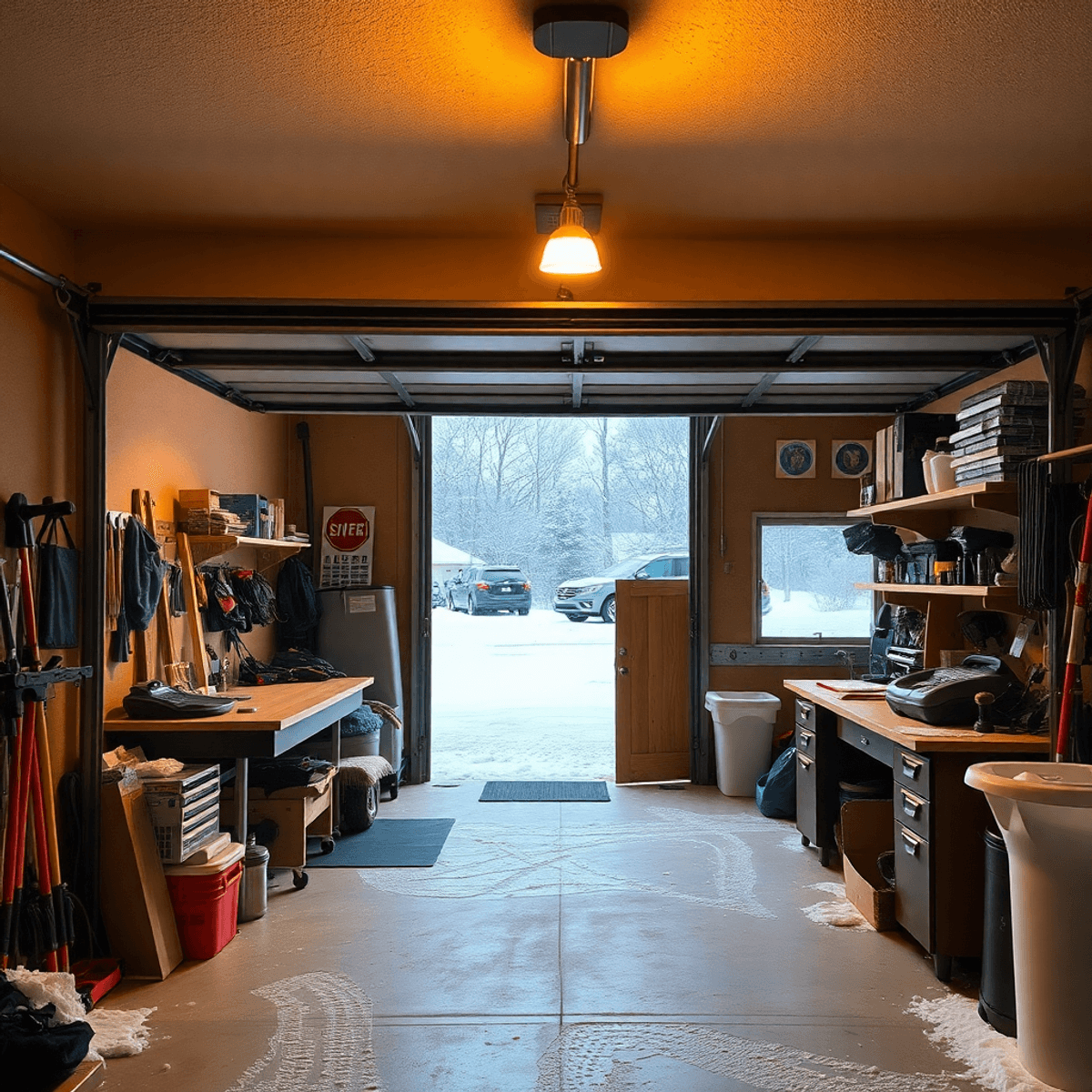
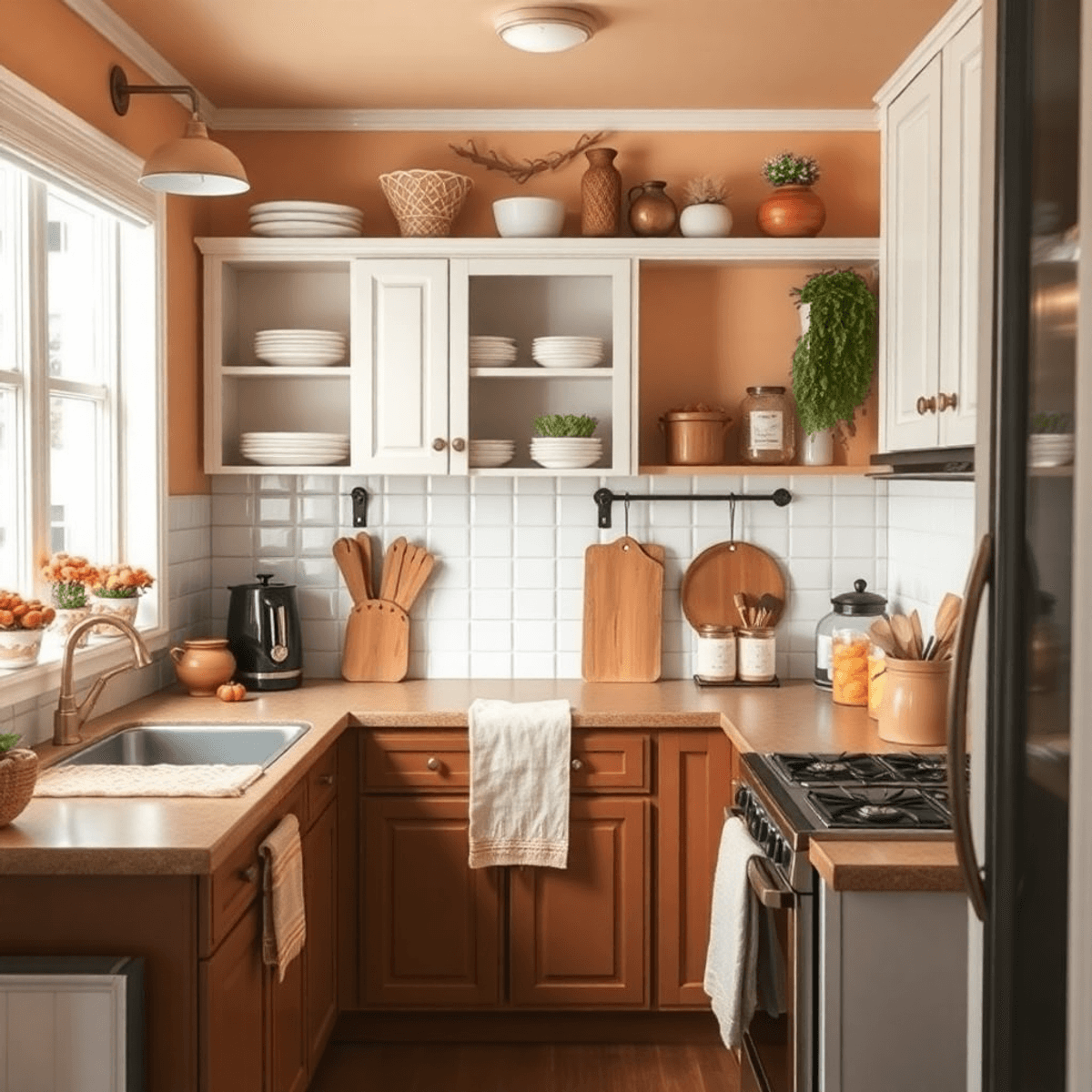
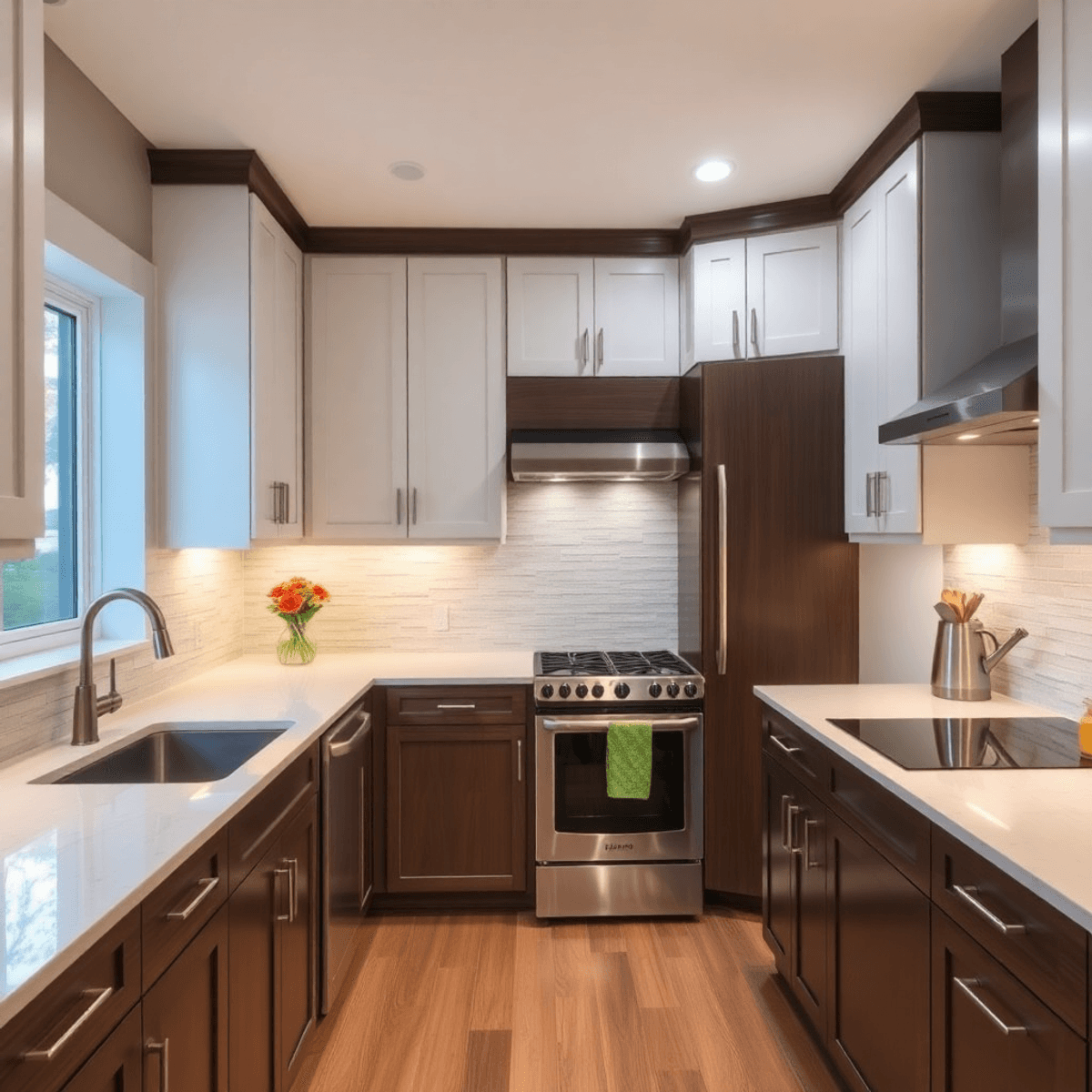
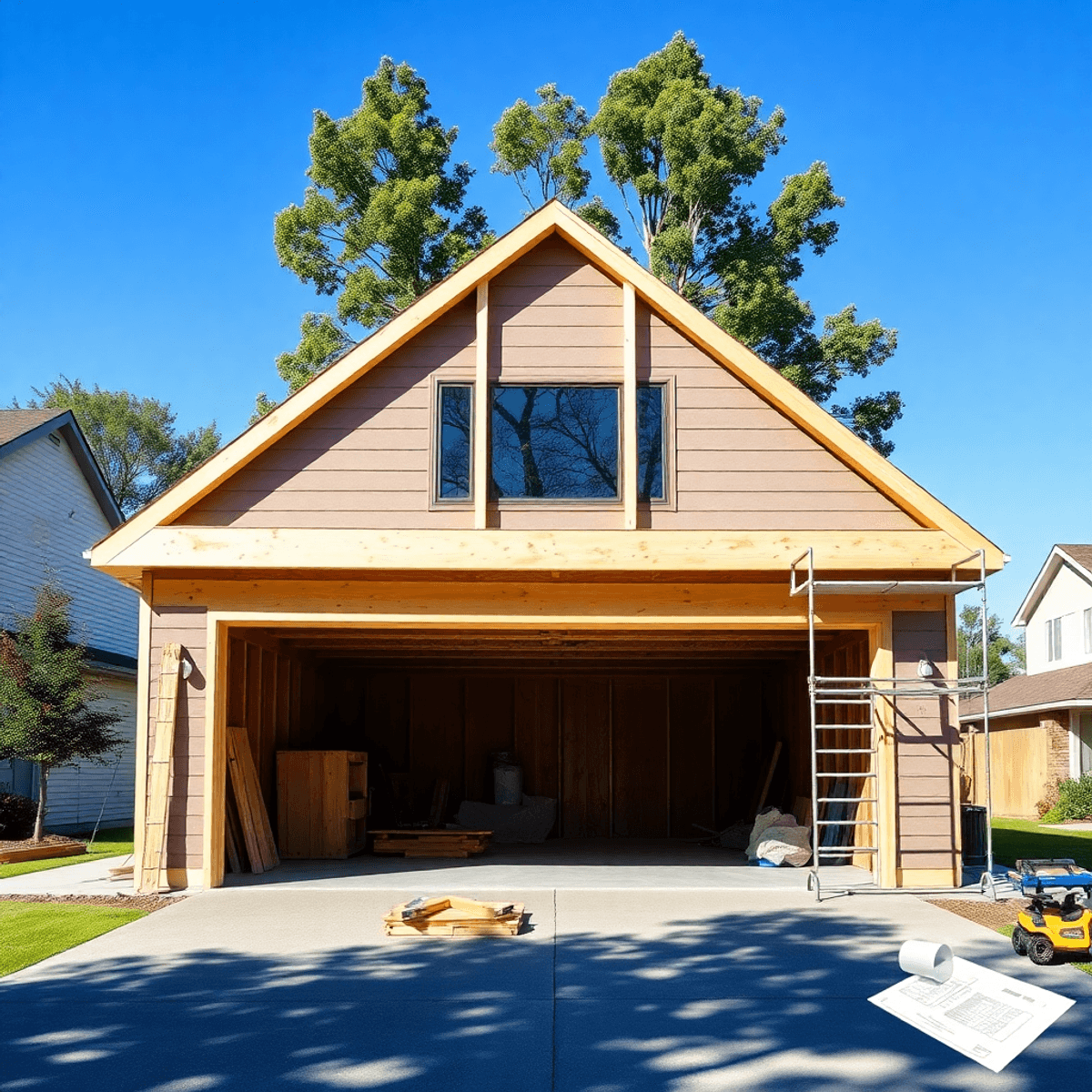
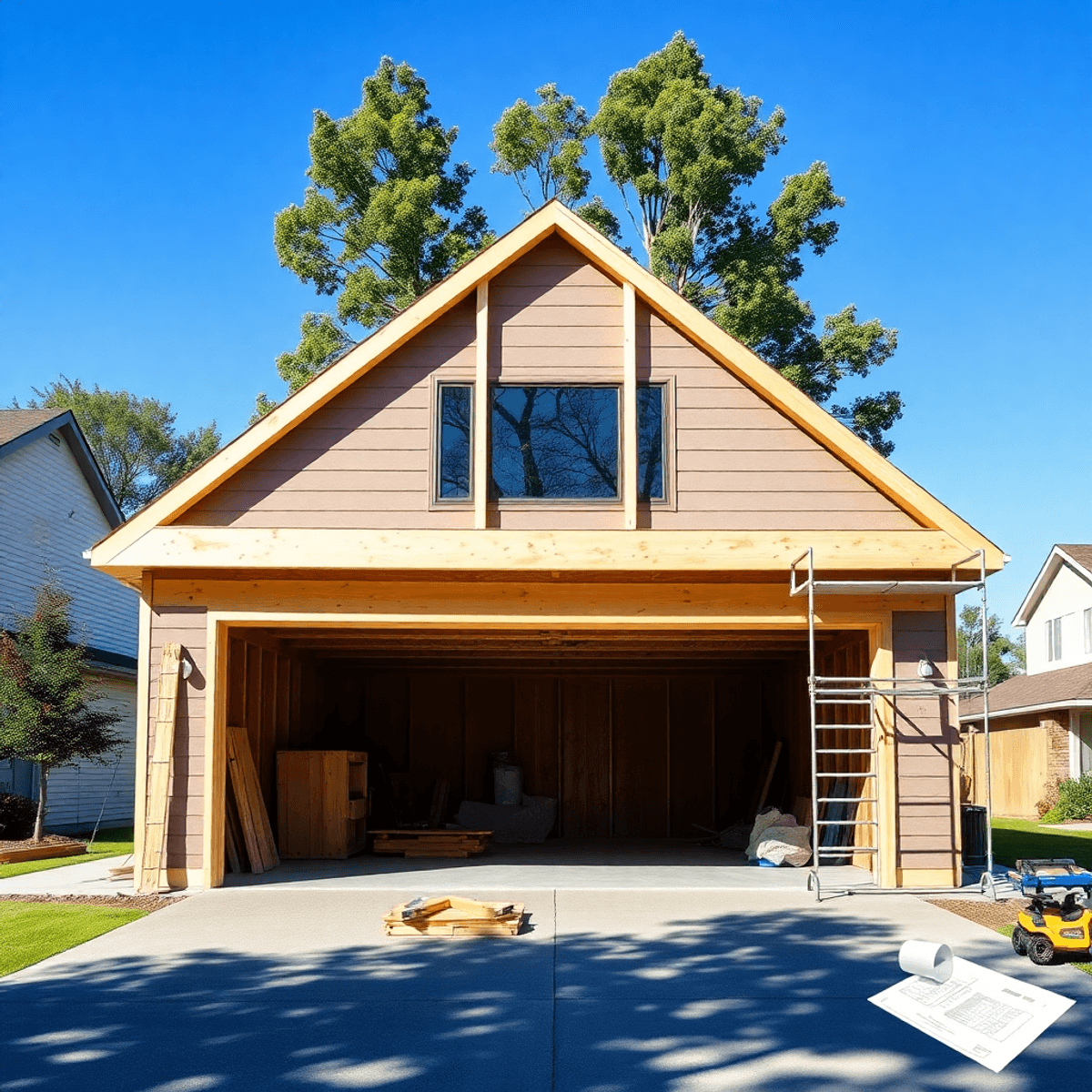

Leave A Comment